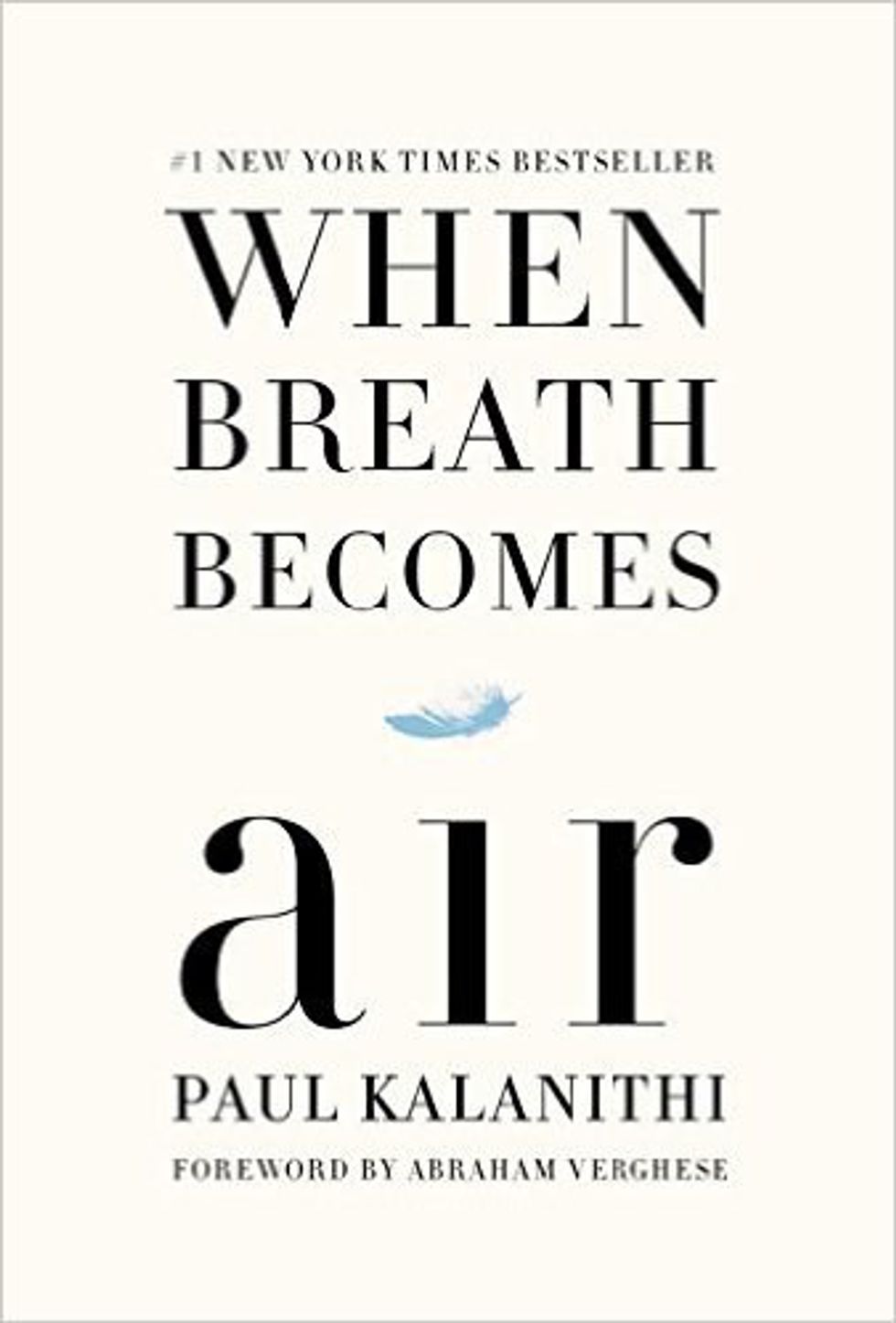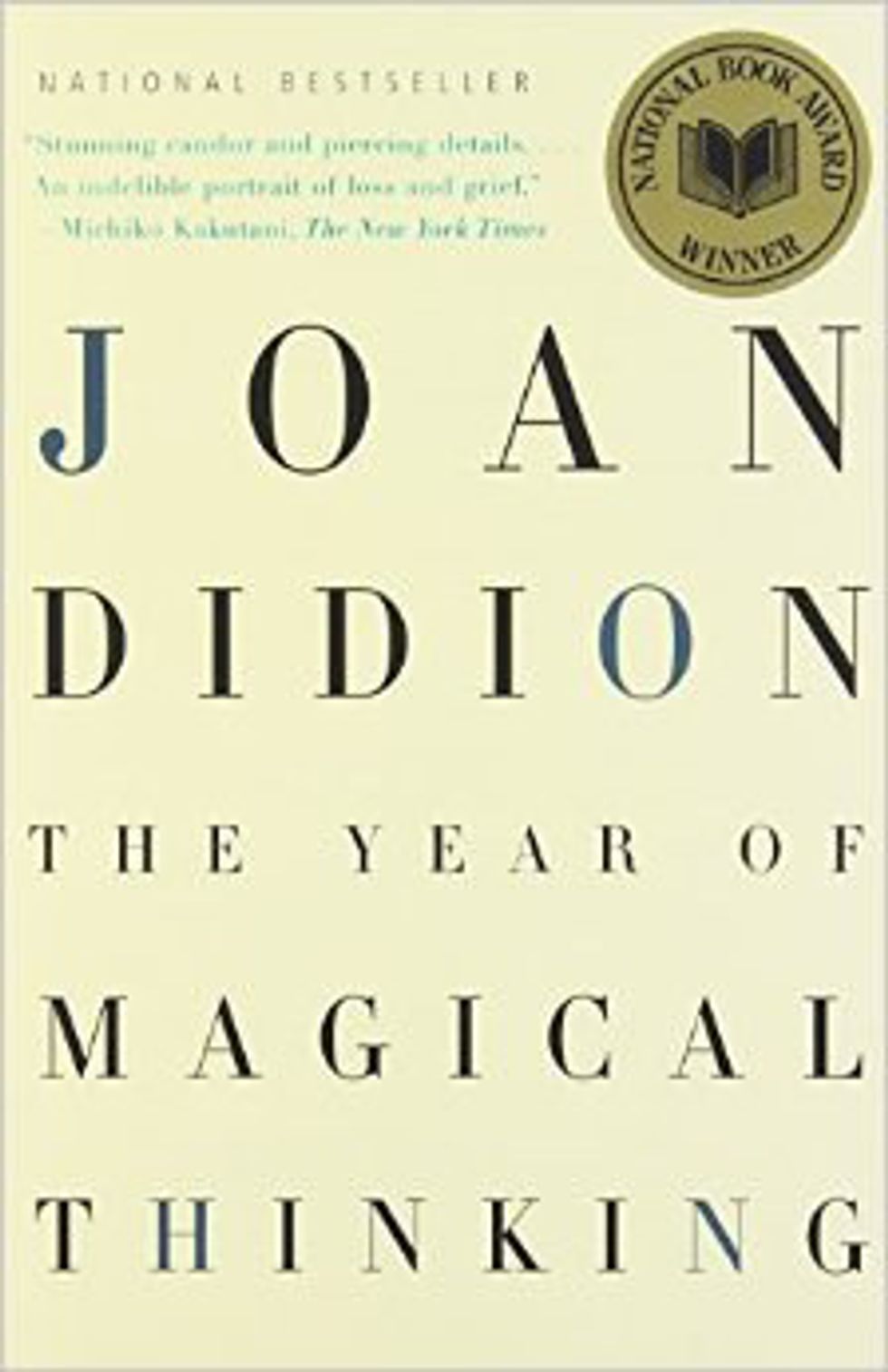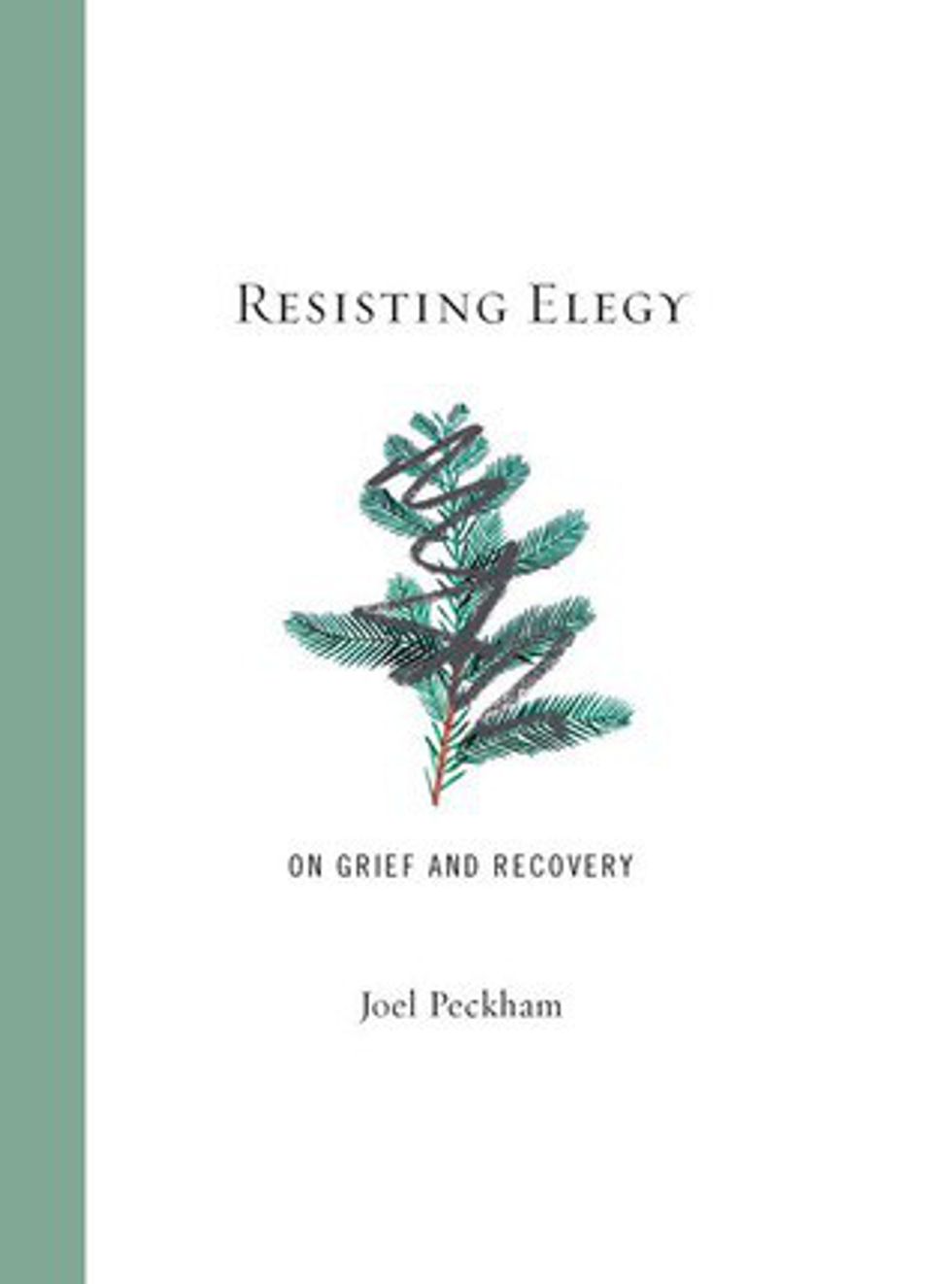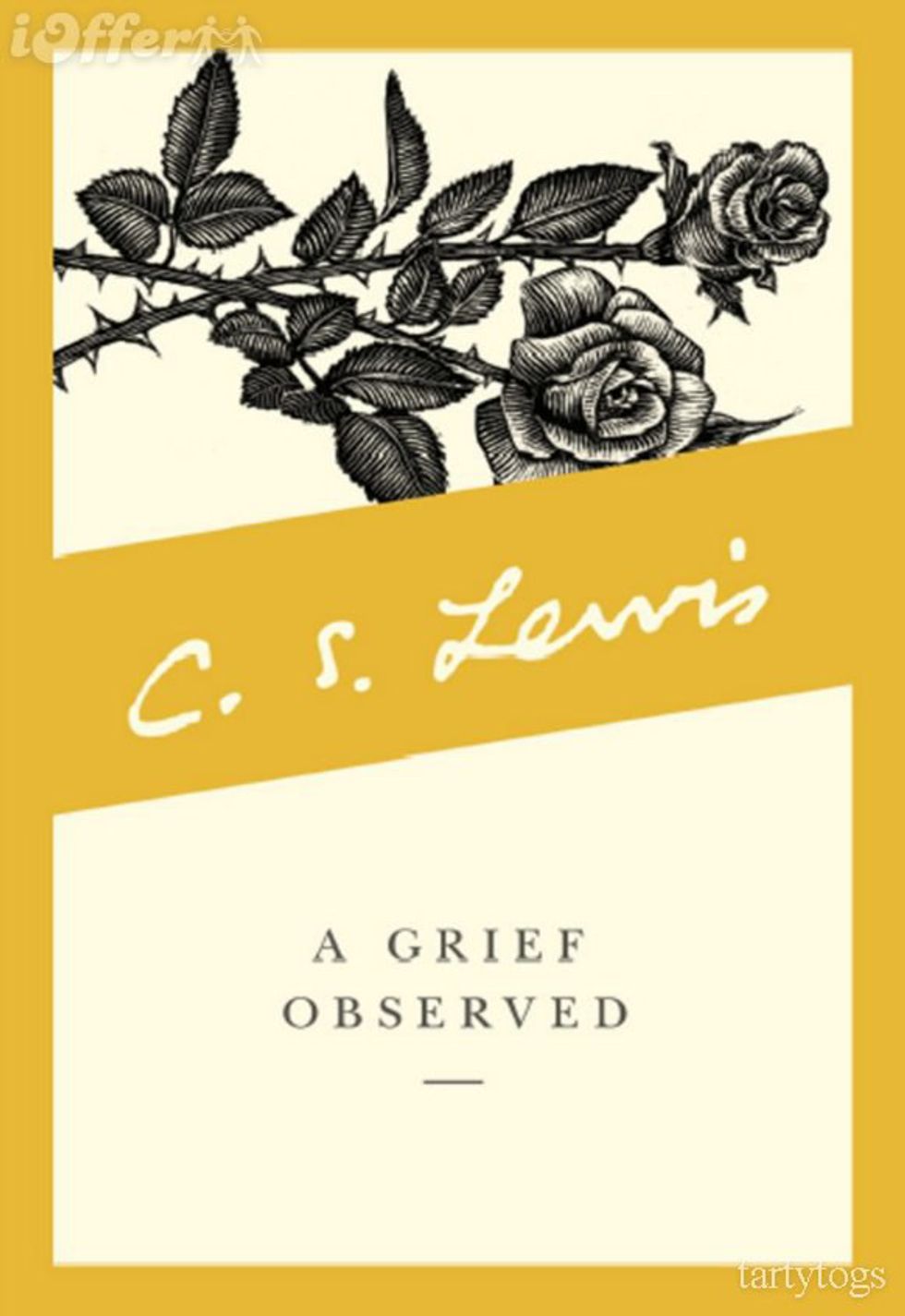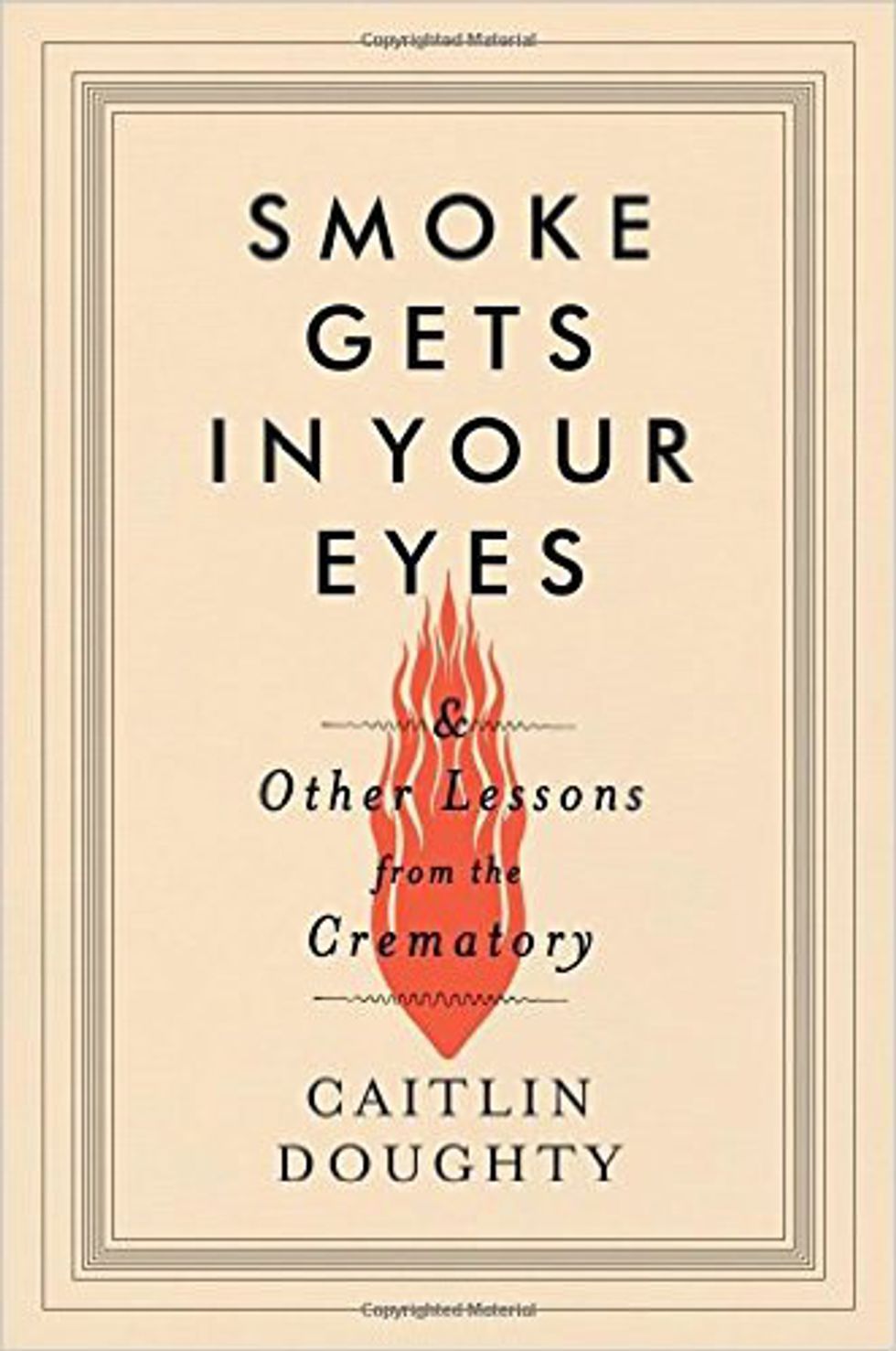In light of the recent shooting at Pulse, the gay night club in Orlando, Florida, the death of a little 2-year-old boy at a Disney Resort also in Orlando, and the murder-suicide at UCLA, it may seem superfluous to write this post in midst of all of the commentary about gun control, parenting methods, and gay rights. All of this aside, I feel compelled to write something useful for everyone pained by these events. It's been a difficult summer and there is much division in our society with the the aftermath of these attacks on our safety and the upcoming election. Again, it almost seems unnecessary to mention this as it is evident every time one logs onto a social media site.
Despite all of our racial, sexual orientation, gender, and ideological differences, there is at least one event that impacts us all in different ways: death. The death of family members and friends impact us all in different, unexpected ways. Heaving sobs can attack me over the death of someone I barely knew, but somehow I can keep my composure during the funeral of a close relative or friend. The preservation of my cool demeanor over my sensitive one is a gamble in the context of whatever memories I can conjure up in my mind. Reading memoirs on grief and death is therapeutic and a slight literary obsession for me. I hope these books listed (in no particular order) can help you as much as they've helped me understand death and the grieving process.
1. When Breath Becomes Air by Paul Kalanithi
Dr. Paul Kalanithi was a promising and talented neurosurgeon-neuroscientist concerned with the mysteries and questions surrounding life and death. Most importantly. "What makes life worth living?" and "What is a meaningful life?" He navigates through residency by guiding his patients through some of the darkest points of their lives and trying to understand mortality through his experiences with them. With only a few years left of his residency, he has a myriad of choices to make regarding his career and family. Ultimately, he would be confronted with one of the most life-altering experience: stage IV lung cancer. This memoir grapples with the transition from a young doctor with a promising medical career at Yale to a patient with terminal cancer. An unflinching, resistant to cliche account of someone who confronts his own mortality at an early age with such articulation, I couldn't stop reading. I was enraptured and mourned the loss of someone I'd never met, but likewise knew that he made an indelible mark on his patients and colleagues, not to mention his family and friends. Read this book, it will stay with you for days.
2. The Year of Magical Thinking by Joan Didion
Joan Didion is one of the most celebrated essayists of our time and was married to fellow writer Gregory Dunne for 40 years. They were one of Hollywood's most sought after screenwriters and revisionists. This collection of essays chronicles Didion's effort to make sense of the sudden death of her husband and prolonged illness of their daughter, Quintana. Told through a series of braided essays with anecdotes and studies, Didion confronts grief and her loss through intelligent, sharp commentary. Each word is deliberate, no line is wasted.
3. Resisting Elegy: On Grief and Recovery by Joel Peckham
The cover of this book feels smooth and inviting, and although not very long (144 pages), the physical entity feels weighty in my hands, important. From the first essay to the final page, the feeling never ceases. In this collection of essays, Dr. Joel Peckham, a literary scholar and a Fulbright scholar to Jordan, writes of the tragedy that strikes his family after an automobile accident in Jordan that leaves the author critically injured, his younger son, Darius with a broken arm, and claim the lives of Peckham's wife, Iranian-American poet, Susan Atefat Peckham, and his eldest son, Cyrus. Through reflections on his marriage and the challenges and joys of fatherhood, Peckham confronts hard-sought truths and challenges the platitudes that follow death. The words fly off the page in a beautiful cadence and the narratives are complicated and messy (in a good, literary way), just as grief and recovery is messy and leaves confusion in its wake. The imagery propels the narrative forward and keeps the reality of these characters (people) in one's mind.
4. A Grief Observed by C.S. Lewis
I've written about this book before and for good reason. "A Grief Observed" was first published in 1961 under the pseudonym N.W. Clerk. It's a short, brilliant rendering of Lewis' reaction to the death of his wife, American poet, Joy Davidman, who in this journal is identified as "H." Lewis struggles with his faith and grief after her death, examining his idealization of his self-imposed construction of his wife, as well as the image of Paradise, that Christians often lean during the grieving process. If you can, make sure to get a copy with his step-son, Douglas' prologue letter, it sheds light on his personal feelings on Lewis' commentary concerning he and his brother. This grief journal (as it was originally intended) is an inspiring, journey of doubt and reconciliation with God and death.
5. Smoke Gets in Your Eyes: And Other Lessons Learned from the Crematory
The author, Caitlin Doughty, is a licensed, practicing mortician and death culture advocate. She started the Order of the Good Death in order to bring the discussion of death into the mainstream culture once again. In this coming-of-age memoir, Doughty explores her experiences with undertaking and the larger funeral industry, as well as death culture and rituals. There are tender moments of reflection in this book and moments of zany hilarity. I laughed and cried so much while I read this book, but most importantly, it made me confront my own death with serious considerations, as I learned about cremation and embalming practices. It is a really interesting inside look at the macabre nature of the funeral industry.
In the coming weeks and months, I hope we can become united as a people. I hope we can help each other grieve and heal. These books have helped me and I offer them to you in order that as a society we can pause and prioritize our lives. I hear all the time that we need to move forward and focus on the good, but at the same time, I fear this is a reaction of fear related to death. Sometimes I, like many people, need to process these tragedies for a bit before I move forward.




